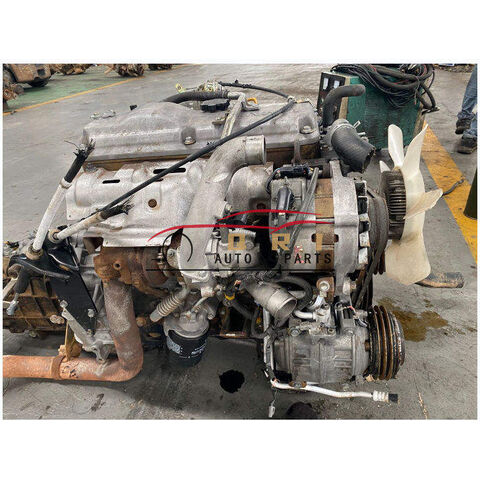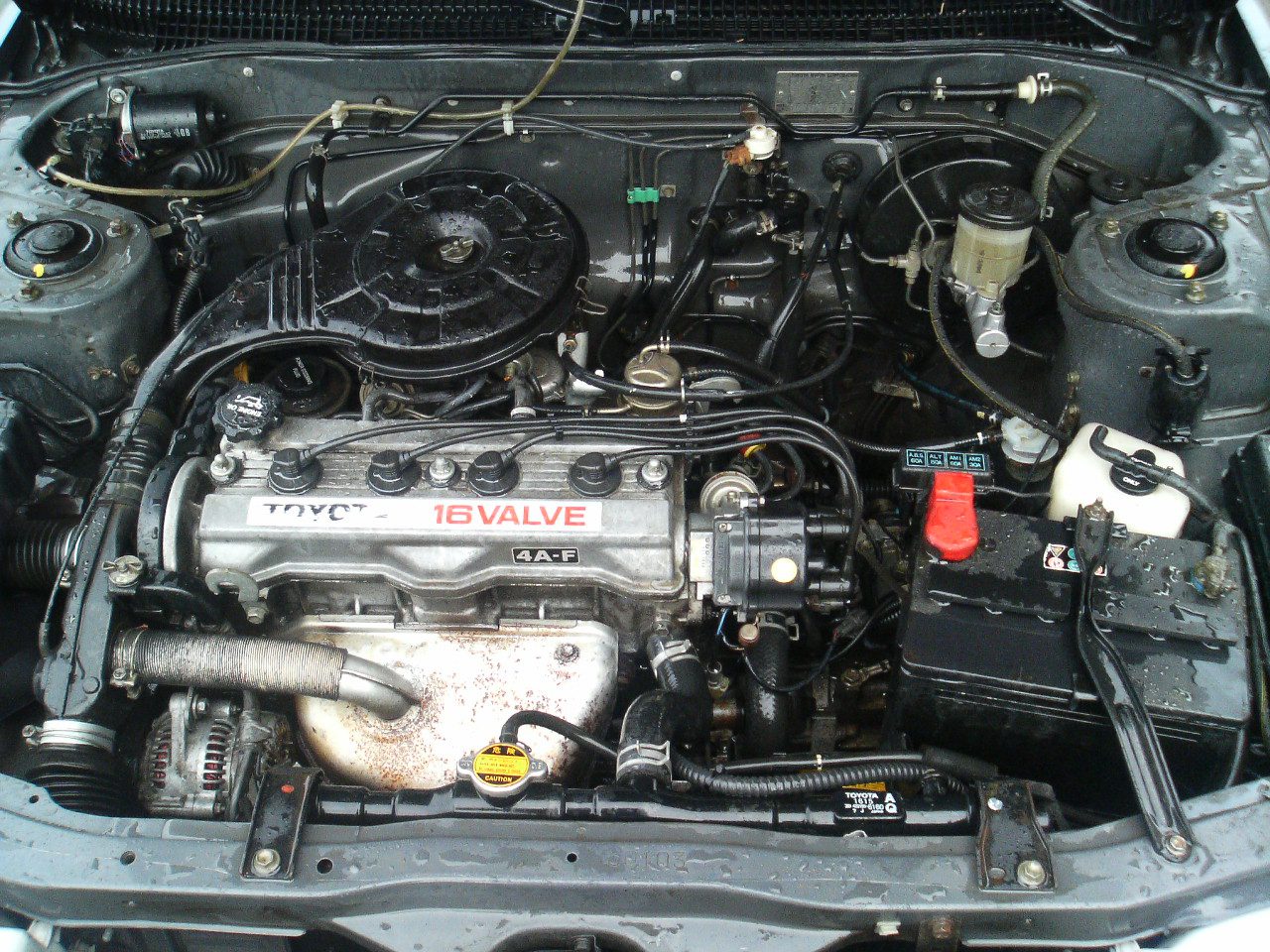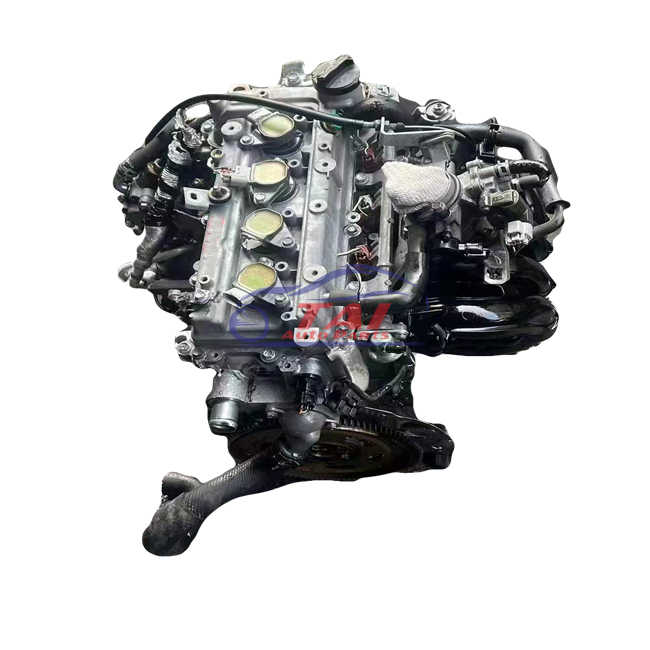Toyota RunX RSI: A Blend of Style, Efficiency, and Dependability
Toyota RunX RSI: A Blend of Style, Efficiency, and Dependability
Blog Article
Explore Quality and Worth: Your Overview to Acquiring a Second Hand Engine
When considering the acquisition of a pre-owned engine, comprehending the elaborate equilibrium in between high quality and worth is paramount. An extensive analysis of engine dependability, condition, and background is important to guarantee an audio financial investment.
Understanding Engine Kind
When thinking about the purchase of a used engine, comprehension of the various engine kinds is necessary for making a notified choice. Engines can generally be classified into 2 main kinds: inner burning engines and electric engines.
On the other hand, electric engines utilize electrical energy saved in batteries to power the car, using a cleaner choice with less moving components and lowered upkeep requirements. Within these categories, there are even more distinctions, such as two-stroke versus four-stroke interior combustion engines, and different electric motor configurations.
Comprehending these differences is important, as they influence efficiency, compatibility with existing automobile systems, and lasting operational costs. By acquainting oneself with the various kinds of engines offered, prospective customers can better evaluate their needs and choose that straighten with their car's demands and their personal choices.

Evaluating Engine Problem
A comprehensive examination of engine condition is critical for any individual considering the acquisition of a pre-owned engine. Start with a visual assessment; check for indications of oil leaks, deterioration, or any physical damages to the engine block. A clean engine is often a sign of great maintenance practices, while extreme gunk may suggest disregard.
Next, analyze the engine's parts, including the timing belt, gaskets, and seals. Search for wear and tear, as these components can be costly to replace. In addition, examine the engine installs, as damaged places might result in resonances and additional mechanical problems.
A compression examination is vital to assess internal engine health. Consistent compression throughout all cylinders suggests a well-kept engine, whereas substantial discrepancies may point to internal damages or wear.
Paying attention to the engine during a startup can give valuable insights; any kind of uncommon noises, such as rattling or knocking, may suggest deeper issues. Finally, preferably, demand a test run to assess efficiency under lots. By diligently assessing these elements, potential purchasers can make enlightened decisions and protect a quality pre-owned engine.
Monitoring Engine Background
Comprehending the engine's history is vital for making an educated purchase. Expertise of previous usage, upkeep documents, and any kind of previous damages can dramatically affect the engine's integrity and longevity. Beginning by requesting the vehicle identification number (VIN) or engine identification number, which allows you to trace the engine's background.
Make use of available sources, such as Carfax or AutoCheck, to get a vehicle background report. This report will certainly give necessary insights, including crash history, service records, and previous ownership information. Toyota RunX RSI. Pay certain attention to any type of indicators of extreme damages or repeated repairs, which might indicate underlying concerns
Ask about maintenance routines performed on the engine. Normal oil changes, timing belt replacements, and various other safety nets reflect liable ownership. In addition, ask if the engine has actually gone through any modifications, as non-standard changes can influence performance and compatibility with your car.
Last but not least, if possible, look for confirmation from a trusted auto mechanic that can analyze the engine's problem based on its history (Toyota RunX RSI). This comprehensive investigation will aid you avoid potential mistakes and ensure that your financial investment is worthwhile and sound
Service Warranty and Return Policies
Getting a used engine often comes with differing service warranty and return plans that can significantly affect your choice. When considering a made use of engine, it is necessary to thoroughly assess the service warranty alternatives provided by the seller.

Furthermore, reliable vendors often give documents that describes the warranty and return procedure, guaranteeing transparency. Always request this information before finalizing your purchase. A well-defined guarantee and return plan can hop over to here provide assurance and shield your financial investment, making it an indispensable component of the decision-making process when acquiring a pre-owned engine.
Discovering the Best Offers
When looking for the most effective deals on a used engine, it is essential to carry out complete research and compare rates here are the findings from different sellers. Start by exploring on the internet industries, automobile online forums, and regional salvage backyards to collect a comprehensive understanding of the marketplace. Utilizing rate comparison devices can simplify this process, highlighting competitive rates across various platforms.

Consider timing your acquisition tactically. Seasonal fluctuations in need can impact rates, with specific times of the year providing far better bargains. Furthermore, be open to negotiating prices; several sellers may agree to reduce their asking price, especially if the engine has actually been detailed for an extensive period.
Conclusion
In summary, purchasing a second-hand engine requires a thorough analysis of quality and worth. Examining engine problem through examinations and examinations, verifying its background, and comprehending service warranty and return policies are important actions.
When taking into consideration the purchase of a second-hand engine, comprehension of the different engine kinds is necessary for making an educated choice. Engines can generally be classified into two major kinds: inner burning engines and electric engines. Fuel engines are normally lighter and rev greater, making them ideal for efficiency lorries, while diesel engines are renowned for their torque and gas efficiency, often favored in heavy-duty applications.
A my site detailed examination of engine problem is critical for any person taking into consideration the purchase of a used engine. Beginning by requesting the car recognition number (VIN) or engine serial number, which enables you to trace the engine's history.
Report this page